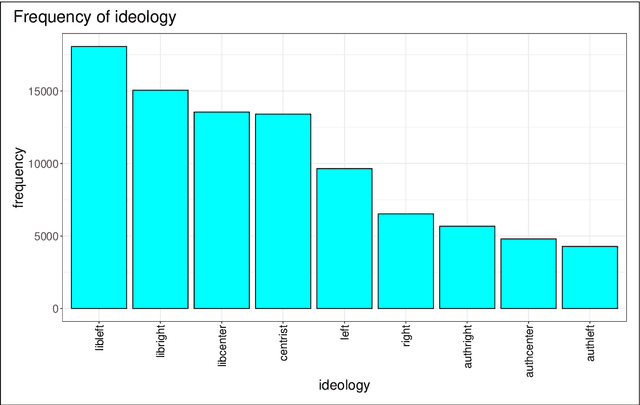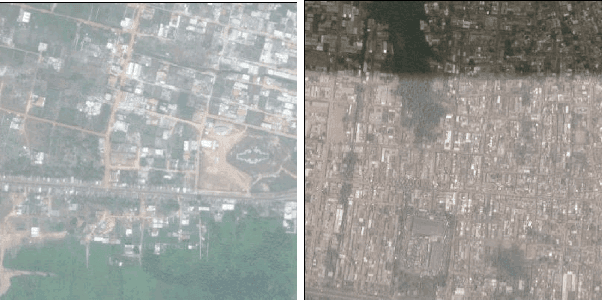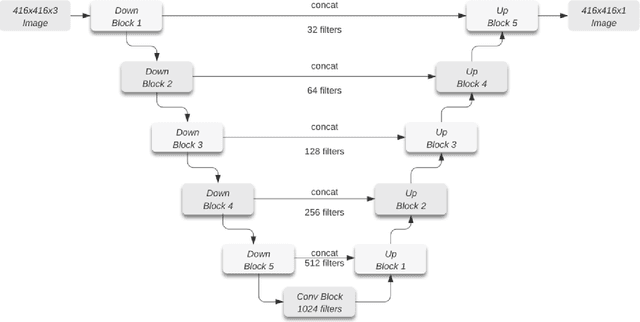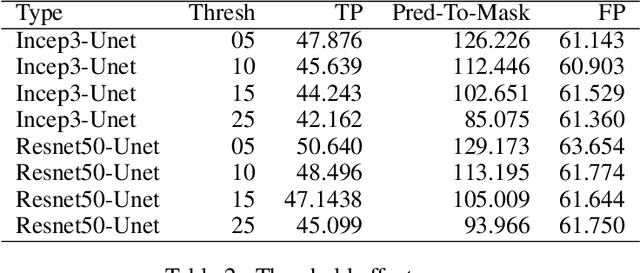Nandini Anantharama
Predicting Political Ideology from Digital Footprints
Jun 01, 2022



Abstract:This paper proposes a new method to predict individual political ideology from digital footprints on one of the world's largest online discussion forum. We compiled a unique data set from the online discussion forum reddit that contains information on the political ideology of around 91,000 users as well as records of their comment frequency and the comments' text corpus in over 190,000 different subforums of interest. Applying a set of statistical learning approaches, we show that information about activity in non-political discussion forums alone, can very accurately predict a user's political ideology. Depending on the model, we are able to predict the economic dimension of ideology with an accuracy of up to 90.63% and the social dimension with and accuracy of up to 82.02%. In comparison, using the textual features from actual comments does not improve predictive accuracy. Our paper highlights the importance of revealed digital behaviour to complement stated preferences from digital communication when analysing human preferences and behaviour using online data.
Object Recognition for Economic Development from Daytime Satellite Imagery
Sep 11, 2020



Abstract:Reliable data about the stock of physical capital and infrastructure in developing countries is typically very scarce. This is particular a problem for data at the subnational level where existing data is often outdated, not consistently measured or coverage is incomplete. Traditional data collection methods are time and labor-intensive costly, which often prohibits developing countries from collecting this type of data. This paper proposes a novel method to extract infrastructure features from high-resolution satellite images. We collected high-resolution satellite images for 5 million 1km $\times$ 1km grid cells covering 21 African countries. We contribute to the growing body of literature in this area by training our machine learning algorithm on ground-truth data. We show that our approach strongly improves the predictive accuracy. Our methodology can build the foundation to then predict subnational indicators of economic development for areas where this data is either missing or unreliable.
 Add to Chrome
Add to Chrome Add to Firefox
Add to Firefox Add to Edge
Add to Edge